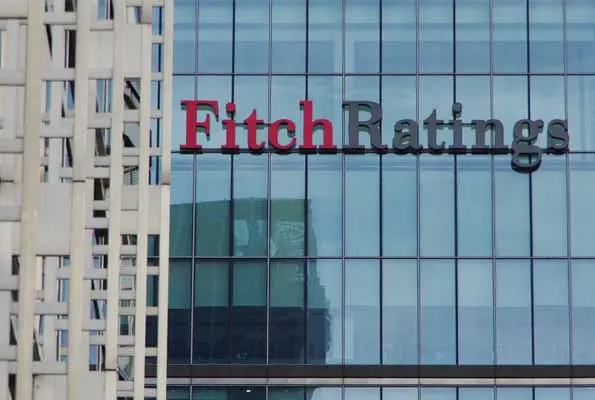In a recent study, Fitch Ratings stated that it has maintained Nigeria’s credit rating at ‘B-‘ with a stable outlook.
According to Fitch, Nigeria’s huge oil and gas reserves, well-developed domestic debt market, and robust economy all contribute to the country’s grade.
Nonetheless, it stated that the main issues are poor governance, fundamentally extremely low non-oil revenue, high reliance on hydrocarbons, security issues, high inflation, low net foreign exchange reserves, and persistent weakness in the exchange-rate mechanism.
The agency stated that although Nigeria’s prognosis is solid, the country’s administration has made significant progress in cutting fuel subsidies, reforming the exchange rate regime far faster than expected, and intends to significantly increase income.
Fitch questioned the durability of this encouraging trend, pointing out that there has been some recent retreat on reforms.
Furthermore, the Central Bank of Nigeria’s (CBN) net foreign exchange position appears to be significantly worse than anticipated, according to recent data.
Positively, Fitch stated that reforms have advanced more quickly than expected since President Bola Tinubu’s administration took office in May 2023.
Fuel subsidies cost the government close to 2% of GDP in 2022; they were eliminated in June. Additionally, it brought together several exchange rate windows, allowing the official exporter and investor rate to decline by about 40% with a resurgence of volatility towards the end of October.
Fitch sees support for reform from the government, especially from Finance Minister Wale Edun and the new governor of the CBN.
It did, however, warn that there are still significant socio-political obstacles to execution, such as an acceleration of inflation, which may be the reason for the recent reversal of key measures.
According to Fitch, shortages of foreign exchange also continue to hinder economic growth and additional FX liberalisation. They are also discouraging international investment.



